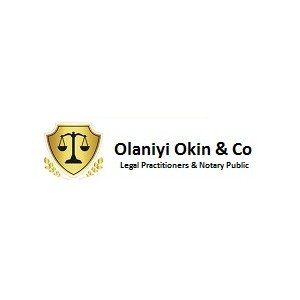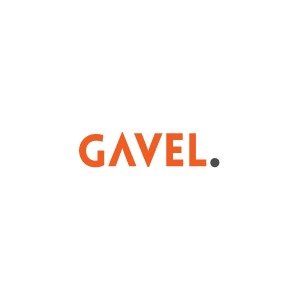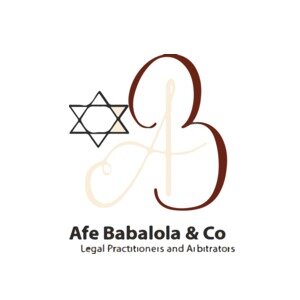Best Personal Injury Lawyers in Ibadan
Share your needs with us, get contacted by law firms.
Free. Takes 2 min.
List of the best lawyers in Ibadan, Nigeria
About Personal Injury Law in Ibadan, Nigeria
Personal Injury law in Ibadan, Nigeria, revolves around cases where a person suffers physical or psychological harm due to the negligence or intentional acts of others. Such injuries might be the result of a car accident, medical malpractice, workplace accidents, products liability, or even assault. Varying degrees of compensation is available for the victims or their families, depending on the impact the injury has on their life, work, and ability to function.
Why You May Need a Lawyer
A lawyer can be a critical asset if you've suffered a personal injury. They understand the labyrinthine legal processes and have the experience necessary to build a convincing case. By navigating these avenues on your behalf, they can help ensure you receive the best possible compensation for your physical, emotional, and financial suffering. Additionally, many personal injury cases involve complex negotiations with insurance companies, which a lawyer can help manage to your advantage.
Local Laws Overview
In Nigeria, the victim must prove that the respondent's negligence caused the accident for a personal injury case to be successful. However, in instances where both parties share blame, the principle of 'contributory negligence' is applied and compensation may be reduced. Time limitations for filing a claim, known as 'Statutes of Limitations', exists, and usually, you must file a claim within six years of the accident. Besides, under the principles of 'vicarious liability', an employer can be held accountable for the negligence of an employee during their employment period.
Frequently Asked Questions
What types of damages can I claim in a personal injury case?
In personal injury cases, you can claim compensation for economic losses such as medical expenses and lost wages, as well as non-economic losses such as pain and suffering and emotional distress.
How long will my case take to resolve?
This can depend on numerous factors, including the complexity of the case, the willingness of the other party to negotiate, and the workload of the courts. An experienced lawyer can provide you with an estimate based on similar cases they have handled.
Do I need to go to court for a personal injury claim?
Many personal injury cases are settled out of court through negotiation or mediation. However, if a suitable settlement cannot be reached, your case may need to go to trial. An experienced lawyer can guide you through the process.
Can I make a claim if the accident was partially my fault?
Yes. Under the principle of 'contributory negligence', if you were partially at fault for the accident, you might still be entitled to compensation. However, your compensation may be reduced proportionately to your degree of fault.
What is the time limit for filing a personal injury claim in Nigeria?
Generally, you must file a claim within six years of the accident occurrence. However, there are exceptions to this rule, and it's best to consult with a knowledgeable attorney to understand the specific time limits that may apply to your case.
Additional Resources
The Nigerian Bar Association and the Legal Aid Council of Nigeria are excellent resources for finding qualified lawyers. For further insights into Personal injury law, the Lagos State Judiciary provides a wealth of legal publications and resources. The Nigerian Institute of Advanced Legal Studies likewise has published numerous articles and journals on the subject.
Next Steps
If you believe you have a personal injury claim, the first step is to consult with a competent attorney. They'll be able to evaluate your case and guide you through the next steps, which can include gathering evidence, filing a claim, and pursuing legal action if necessary. Make sure you act promptly to fall within the legal time limit for filing such claims.
Lawzana helps you find the best lawyers and law firms in Ibadan through a curated and pre-screened list of qualified legal professionals. Our platform offers rankings and detailed profiles of attorneys and law firms, allowing you to compare based on practice areas, including Personal Injury, experience, and client feedback.
Each profile includes a description of the firm's areas of practice, client reviews, team members and partners, year of establishment, spoken languages, office locations, contact information, social media presence, and any published articles or resources. Most firms on our platform speak English and are experienced in both local and international legal matters.
Get a quote from top-rated law firms in Ibadan, Nigeria — quickly, securely, and without unnecessary hassle.
Disclaimer:
The information provided on this page is for general informational purposes only and does not constitute legal advice. While we strive to ensure the accuracy and relevance of the content, legal information may change over time, and interpretations of the law can vary. You should always consult with a qualified legal professional for advice specific to your situation.
We disclaim all liability for actions taken or not taken based on the content of this page. If you believe any information is incorrect or outdated, please contact us, and we will review and update it where appropriate.












